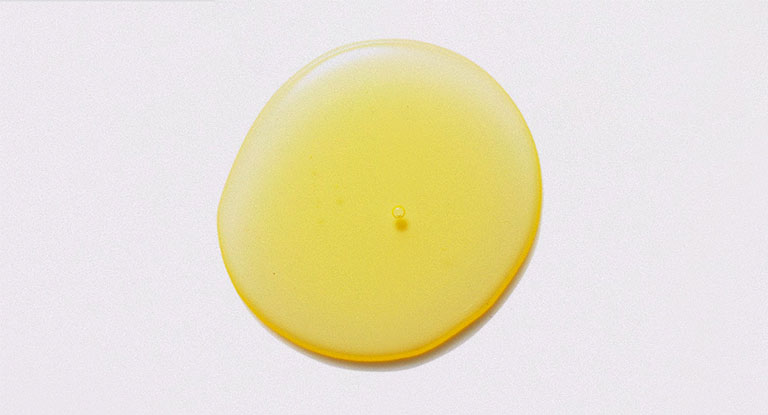-
Castor Oil
Used by ancient Egyptians (as an immunity booster) and in Ayurvedic medicine. Although this is thicker than most other oils, the payoff is that castor oil is loaded with antioxidant vitamin E and fatty acids, so it can hydrate, soothe and offer anti-inflammatory benefits. It is also antimicrobial. Despite common belief, there’s no proof that it grows lashes or brows – it just conditions them so they don’t break as quickly!
Fact checked by Dr Michele Squire, PhD BSc BBus RN, Founder of Qr8 MediSkin
-
Ceramides
Found naturally in the top layers of skin, ceramides are lipids that aid in water retention and barrier function. If you think of skin like a brick wall, ceramides are the cement that hold the bricks (skin cells) together, keeping the wall (skin barrier) strong. This keeps moisture in and prevents irritants entering the skin.
Fact checked by Dr Joseph Hkeik, MB.BS FFMACCS FRACGP, Director and Founder, All Saint Clinic and Le Petit Saint
-
Chamomile
Popular for its calming properties, this flower extract is mainly found in products for sensitive skin, as it can help reduce redness and relieve irritation. Also has a high level of an antioxidant called apigenin which offers protection against environmental damage and premature ageing, and enhances cell regeneration to help minimise the appearance of fine lines and wrinkles.
Fact checked by Dr Shyamalar Gunatheesan, Consultant Dermatologist BMedSc, MBBS, FACD
-
Clay
Derived from a variety of natural sources, this has excellent absorption properties which is why it’s often used in mattifying and pore-refining products. Most popular types include kaolin (gentlest), pink and bentonite clay.
Fact checked by Hannah English, B Pharm Sci (Hons), Skincare Expert & Digital Creator
-
Coal Tar
Commonly found in hair dyes, soaps and shampoos, coal tar is a by-product of coal processing. It is a well-known carcinogen and is banned in Canada and the EU. It can also appear on labels as aminophenol, diaminobenzene and phenylenediamine.
Fact checked by Lottie Dalziel, Director of Banish
-
Cocoa Butter
Extracted from cacao beans, this is a rich emollient full of fatty acids and antioxidants. Commonly used in body products and lip balms, it also has anti-inflammatory properties, and might help with stretch marks and scars (although this evidence is anecdotal – multiple studies have shown no proof of this, but it will soothe the dry, itchy skin that often occurs in pregnancy).
Fact checked by Dr Michele Squire, PhD BSc BBus RN, Founder of Qr8 MediSkin
-
Coconut Oil
This non-fragrant plant oil has a high saturated fatty acid content, which moisturises skin to keep it soft, and linoleic acid, which may help soothe acneic skin (but may also induce breakouts, so proceed with caution). Most widely used as a cleanser or makeup remover.
Fact checked by Dr Joseph Hkeik, MB.BS FFMACCS FRACGP, Director and Founder, All Saint Clinic and Le Petit Saint
-
Collagen
These protein fibres provide structural support to skin, keeping it firm and strong. Collagen naturally breaks down over time (UV damage speeds that process along), and there’s no evidence that topical collagen application can stimulate new production (although ingredients like retinol can).
Fact checked by Dr Shyamalar Gunatheesan, Consultant Dermatologist BMedSc, MBBS, FACD
-
Copper Peptides
A combination of copper and amino acids found naturally in our blood, early research has this antioxidant helping with the appearance of fine lines and wrinkles, textural issues, collagen and elastin production and inflammation. More promising are its wound healing powers, and it can even help out with our body’s own antioxidant mechanisms.
Fact checked by Hannah English, B Pharm Sci (Hons), Skincare Expert & Digital Creator



